AP Absurdity: Exam Week Has Concluded
Lindsay Favare and Lily Van Havel concentrate while peer reviewing essays for AP Language and Composition.
Driving back to the CHS, tired, but accomplished after a three-and-a-half-hour test is how CHS’ AP students felt during the first two weeks of May. The day every AP student dreads has arrived and passed.
Three trimesters of hard work and studying led up to this final. Chelsea High School offers diverse Advanced Placement courses to students, grades 10-12, looking for a learning challenge and growth in a specific course, or courses, of their choosing. The classes span two to three trimesters and during this time, depending on the course, students work hard to learn how to compose essays, develop historical knowledge, science, and math that prepares them for the exam.
But what are the benefits to enrolling in a class that might be an academic challenge? Is it really worth all that stress and intense studying? What do with the remainder of your class time after your test?
“Besides AP credits for college courses it shows colleges that you are challenging yourself.” Junior Cyprus Gabriel-Menengay explained. Gabriel-Menegary is taking both AP Physics and AP Language/Composition.
Students put their all into the exam as those who pass with a three or higher (out of five) earn the coveted college credit for the class. AP classes come with a lot of incentives, from college credit, to preparing you for college-level classes.
“I think I learned more with a goal in mind: let’s go and do well on this test,” Junior Jeffery Dunn said. “So what we did in AP U.S. was we reviewed each chapter and did that for a whole week and in AP Physics we did practice exams until the end of class.”
Besides working hard and studying for a high score, students who have chosen to enroll in AP have unique classroom atmospheres. Students often engage with the content through group discussion and work alongside their peers.
“I know I’m surrounded by people who are both passionate about school and history,” Sophomore Eric Cameron commented when asked about the class environment in his AP World class. “So I feel like everyone is benefitted by the discussions that we have about history. It contributes to a deeper knowledge.”
It’s important to note that these hardworking students become passionate about the courses they take. They chose them carefully, keeping in mind their interests as well as strengths.
“I enjoy programming and want to have the opportunity to earn credit for college, or at the very least show that I can succeed in an advanced course,” Junior and AP Computer Science student Wynn Van Hoek said. “I plan to go into engineering, and though I haven’t decided what discipline yet, having a well-balanced toolbox of STEM skills coming out of high school will help set me up for success and allow me more flexibility.”
With the exam out of the way, what happens next? Depending on the course, students can use it as a study hour, or the class will continue to do course-related projects that are fun and relaxed while still keeping the students engaged and learning.
“For the rest of my time here, the chem students will be allowed to conduct their own scientific experiments,” AP Chemistry student and Senior Brennan Bagbey said. “I joke when I say that as long as we don’t set anything on fire it’s okay to go ahead and experiment with our interests.”
Wrapping up the courses, all students should be proud of their learning abilities and the work they put in with the help of their teachers. Many sophomores and juniors will continue to enroll in AP courses, while seniors will take the lessons they learned into their future plans!
Your donation will support the student journalists of Chelsea High School. Your contribution will allow us to purchase equipment, cover our annual website hosting costs, and write more stories for you to read!
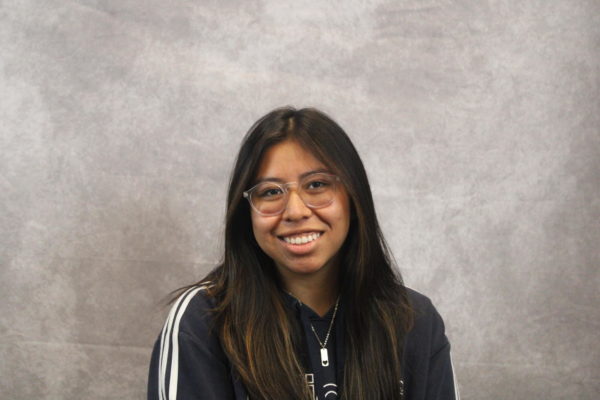
Marina is currently a senior at CHS and this is her second year writing for the BleuPrint. She enjoys writing for the Student Life section.

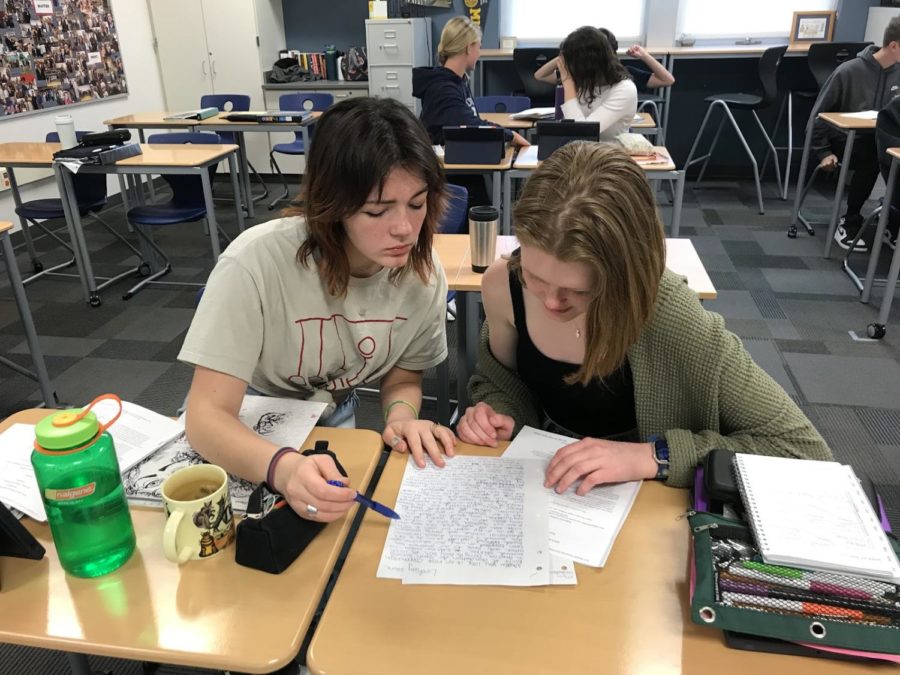
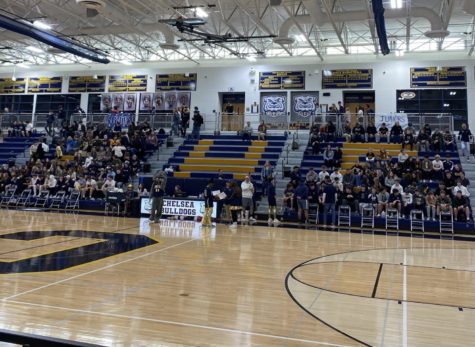
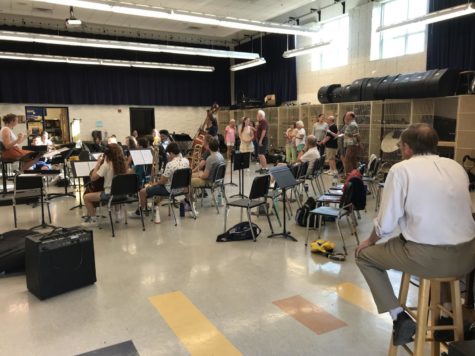
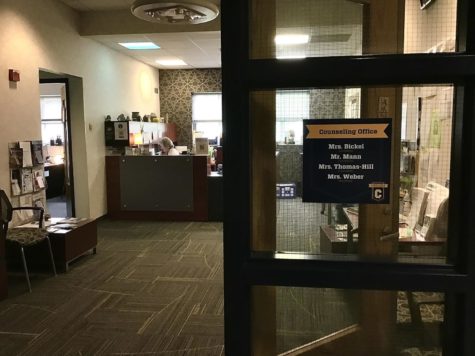

DM • Jun 1, 2023 at 11:42 am
WOAH! This article really swept me off my feet! ??Good thing I’m not in any AP classes ?